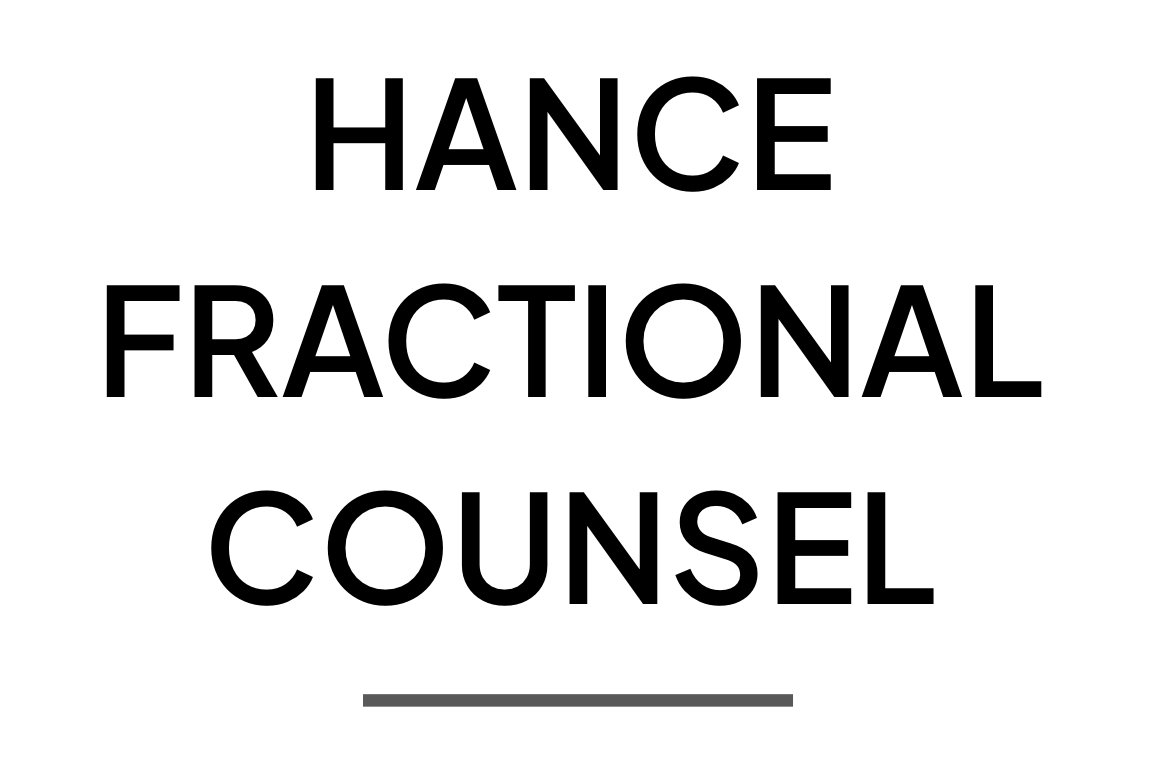Northern Light Venture Capital has over $4.5 billion under management and is one of the largest venture firms in China. With five funds in USD, five in RMB, NLVC has made over 200 investments (including in Carta) and has had over 40 exits.
After selling his company to Avago (Broadcom), Jeff Lee met his future business partner while enrolled in a Wharton program. Together, they founded NLVC in 2005. Their goal? To lead this next chapter in the internationalization of tech, entrepreneurship, and venture capital by taking the Silicon Valley ethos and values into China.
We caught up with Jeff to discuss what it’s like to successfully manage funds across multiple geographies.
How do you describe the ethos of Northern Light and how it came about?
The elephant in the room was China. It was the awakening giant, economically. Even in 2005 it was really the beginning of a true wave of a blossoming era of entrepreneurship that many of us hoped would happen in China but hadn’t emerged yet. We saw a number of companies that had gone public by then, but we weren’t necessarily as proud of them as people would be of, say, an Apple or Google or Amazon. We really wanted to be involved in helping to create really great lasting companies. We consider ourselves farmers, not hunters. And that is our core differentiation to this day after 15 years.
How do you explain your firm’s positioning to potential LPs when you’re raising funds?
We are an entrepreneur-focused firm that has a very long view on China. We’re patient and we don’t believe that we’re magicians, but we are firm believers in the mega trends that are driving this opportunity in China, which are: incredible population, economic growth, and urbanization—the upgrade of lifestyles.
How is it different raising money from Chinese LPs versus LPs in the US?
There are two types of Chinese LPs. In general, the commonality is that it’s a nascent group that really doesn’t understand the fundamental role venture capital has in an investment program: long-term, high-risk, patient investment. One type of LP are incredibly wealthy companies or individuals who want to have a return on their investment and are seeking returns through VC. Another group are people who want to help China or their region become successful in entrepreneurship and to support that ecosystem. I would say both groups are incredibly different from the limited partners that we see here in the United States.
So you have to do more baseline education about the VC industry?
In China five years is a lifetime. Five years is literally how the government plans for the future. So, when you talk to them about what is typically a 10 year fund with extensions, it requires a lot of education.
Jeffery Lee, Managing Director & CFOOur LPs have much higher satisfaction, they can self-help by logging in and find what they want, get what they want, and discover it faster.
Northern Light Venture Capital
How does Carta improve the experience for your LPs?
When it comes time to issue a report to LPs, many GPs in China come from corporate or different industries and everyone makes their own version of the report. They put in what they think they want to see when they have no idea what the LPs actually want or expect to see. It’s a lot of overhead for the LPs.
Our LPs have much higher satisfaction, they can self-help by logging in and find what they want, get what they want, and discover it faster. Frankly, I think it’s disrupting their own systems. Because now that they’ve gotten used to this they wish more of their GPs operated this way—I think that’s going to be the magic of Carta.
What does a good fund admin provider do for a VC firm like yours?
A great fund admin provider, like Carta, is a force multiplier. It’s like an exosuit that makes us better. Every day, every hour in the office you feel more capable and you not only get more done—you get better, more important work done. A fund admin provider is your partner. Their interests are aligned with yours and so your success and theirs is shared.
A great fund admin provider knows a little bit more—or a lot more—about the craft of fund administration, finance accounting, even more than we do. They’re on the cutting edge.
A good fund admin has great people who are talented, motivated, and go the extra mile even if you’re not working with them every day. It also helps if they have incredible technology. Technology allows you to approach a complicated, multifaceted problem with a totally different approach. For example, when you meet Carta, it’s like you’re dealing with a technology provider. Someone who sees this from the ethos of tech and looking for the most efficient and best way to solve a problem. They’re not just looking at how it’s been done for the previous 50 years.
How did Carta’s products and capabilities inform your firm’s interest in investing in us directly?
We viscerally felt that it was transforming us and we realized this value proposition would be incredibly compelling to all of our peers, competitors, and those who are ahead of us in the venture space. We wanted to be part of that. We want Carta to be the one that’s going to win in China because it also helps our ecosystem. It’s not just what you provide today, it’s your long-term vision of what you want Carta to be.
How are tools like Carta valuable to people who may want to invest in China?
It makes China way more accessible. It’s a very heterogeneous community where it takes a lot of time and effort for LPs to understand what they’re getting and what they’re investing in. Carta creates a level platform, a common playing field where people can see and drill down—if they need to—into what a general partner in China is doing for them and their fund commitment.








